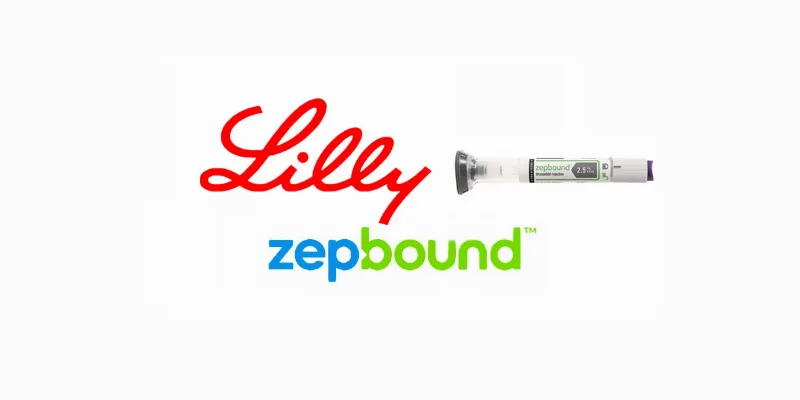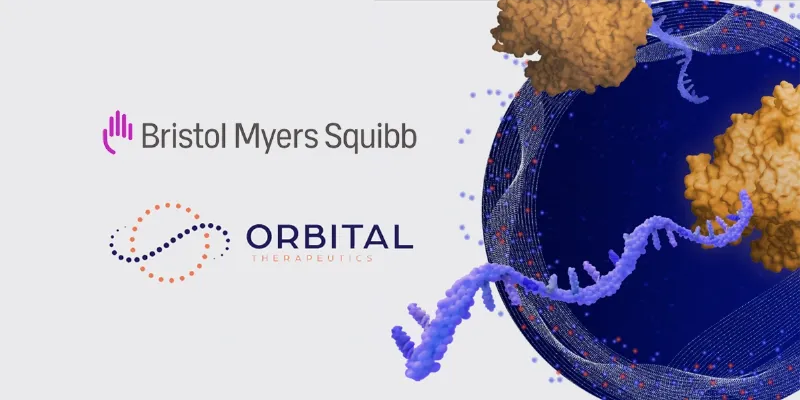Lilly's Zepbound Demonstrates Efficacy in Weight Loss with a 26% Reduction

11 December 2023
Lilly announced that their SURMOUNT-4 study, published in JAMA, demonstrated Zepbound™ effectively promotes weight loss in obese individuals without type 2 diabetes. Over 88 weeks, Zepbound users achieved an average weight loss of 26.0%. From randomization (at week 36), those switched to placebo experienced a 14.8% weight regain.
In a landmark development for obesity treatment, a recent study published in The Journal of the American Medical Association (JAMA) has put the spotlight on Lilly's Zepbound™ (tirzepatide), showcasing its efficacy in promoting significant weight loss. The findings of the SURMOUNT-4 study suggest a new era in managing obesity and overweight conditions, particularly for those without type 2 diabetes.
In the comprehensive 88-week study, the results were striking: participants treated with Zepbound experienced an average weight loss of 26.0%. In stark contrast, those who were switched to a placebo at week 36 encountered a significant weight regain, averaging 14.8%. This stark difference underscores a critical aspect of the study's findings: for individuals with obesity or overweight, discontinuing tirzepatide resulted in a substantial regain of the weight they had lost. Conversely, those who continued with the tirzepatide treatment not only maintained their initial weight reduction but also saw further weight loss.
Rethinking Obesity Treatment
Dr. Jeff Emmick, Senior Vice President at Lilly, stated, “Patients, providers and the public do not always understand obesity is a chronic disease that often requires ongoing treatment, which can mean that treatment is stopped once weight goals are met. However, studies like SURMOUNT-4 show that continued therapy can help people living with obesity maintain their weight loss.”
The SURMOUNT-4 Study
Zepbound™, an FDA-approved treatment for chronic weight management, is demonstrating its potential in reshaping obesity treatment paradigms. It works by activating two hormone receptors - GIP and GLP-1, offering a unique approach to weight management.
SURMOUNT-4, a global phase 3 study, was conducted in several countries, including the U.S., Brazil, and Taiwan. It comprised:
- 36-Week Lead-In Period: Participants received Zepbound at increasing doses, culminating in a maximum tolerated dose of either 10 mg or 15 mg.
- 52-Week Double-Blind Period: Following this, participants were either continued on Zepbound or switched to a placebo, while maintaining a reduced-calorie diet and increased physical activity.
Significant Outcomes
- Weight Loss Achieved: Participants on Zepbound experienced an average weight loss of 26.0% over 88 weeks. In contrast, those switched to placebo regained an average of 14.8%.
- Maintaining Weight Loss: The study highlighted the importance of continued Zepbound treatment for sustaining weight loss.
- Broader Health Benefits: Apart from weight reduction, Zepbound also improved BMI, fasting insulin levels, lipid profiles, blood pressure, and overall quality of life.
Safety Considerations
The safety profile of tirzepatide aligned with previous trials, predominantly involving mild to moderate gastrointestinal side effects.
The findings of the SURMOUNT-4 study mark a significant stride in obesity treatment. Zepbound™ not only presents a new effective treatment option but also stresses the necessity of long-term management in combating obesity. The study shows that stopping treatment can lead to weight regain, hence the need for sustained therapy.
About Zepbound injection
Zepbound™ (tirzepatide) injection is FDA-approved as an adjunct to a reduced-calorie diet and increased physical activity for chronic weight management in adults with obesity (BMI ≥ 30 kg/m2), or overweight (BMI ≥ 27 kg/m2) with at least one weight-related comorbid condition. Zepbound is the first and only FDA-approved obesity treatment that activates both GIP (glucose-dependent insulinotropic polypeptide) and GLP-1 (glucagon-like peptide-1) hormone receptors.











Comments
No Comments Yet!